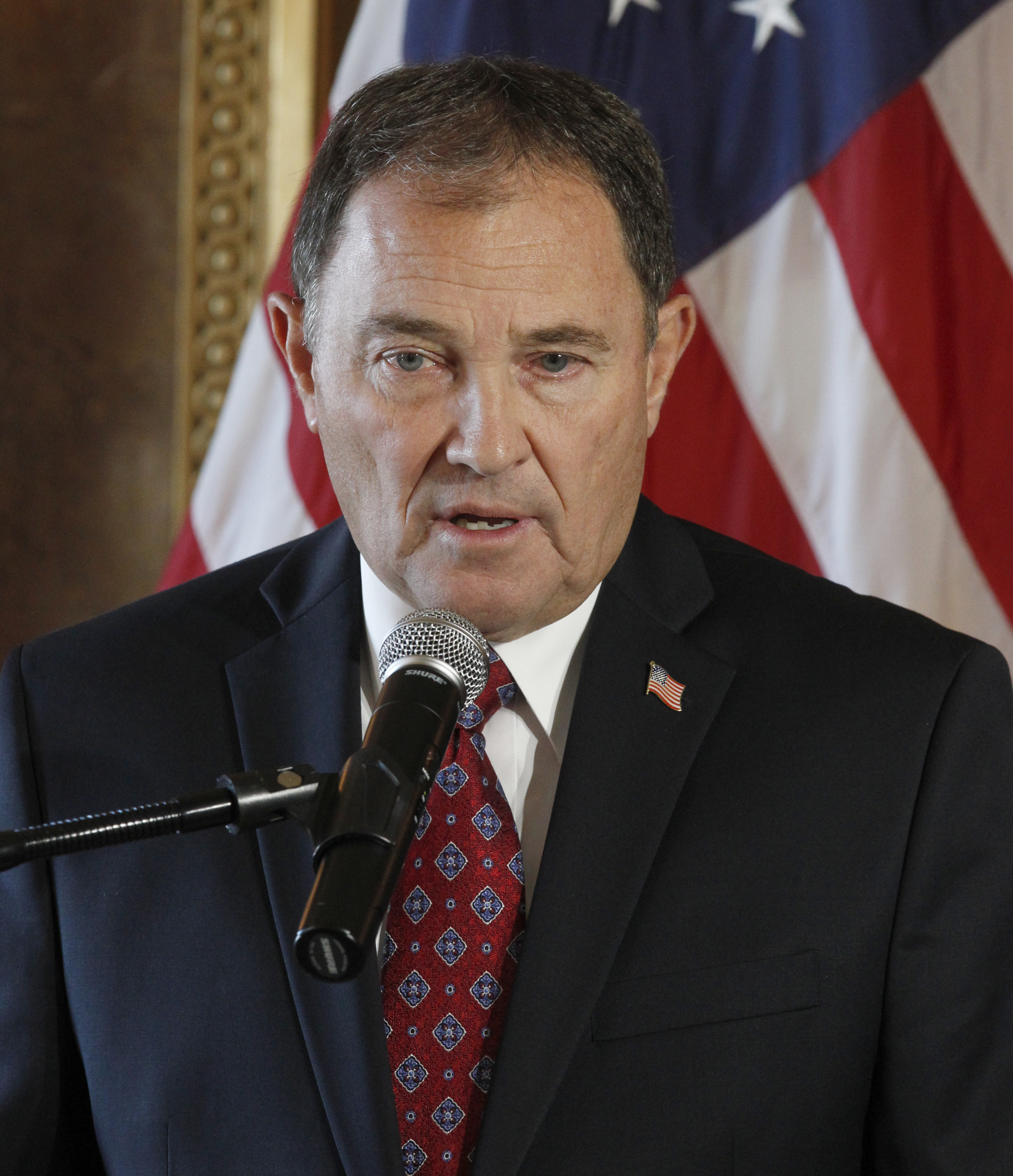After years of harboring and encouraging our country’s most strident public lands opponents, Utah is about to suffer the economic consequences.
Earlier this year, the massive outdoor recreation industry trade show, Outdoor Retailer, decided to leave its long-time home in Salt Lake City due to the state’s destructive crusade against national monuments, national forests, and more. On July 7th, the trade show made good on its word and announced that it had inked a deal that will see it relocate to Denver starting in January of 2018.
“We are ready to roll out the welcome mat,” said Colorado Senator Michael Bennet in a statement applauding Outdoor Retailer’s move. “This decision recognizes our state’s commitment to protecting public lands, which is the foundation of our outdoor economy.” He’s right. Whether through its establishment of a state-sanctioned “Public Lands Day,” or its ambitious plans for a state-wide trail and green space system, or its political opposition to the land seizure movement, Colorado has clearly exhibited an abiding appreciation for our national lands.
Now, Outdoor Retailer is rewarding the state with more than 85,000 visitors and as much as $110 million in economic activity a year, according to the Denver Post. Utah, meanwhile, will miss out on all of it.
But don’t feel bad for the Beehive State. Despite protestations from its governor, Gary Herbert, whose spokesman argued in February that Outdoor Retailer’s departure was “offensive” and a result of “gross ingratitude,” Utah is wholly responsible for the economic isolation it is now suffering at the hands of the outdoor industry. Since 2012, at least, the state has been a bustling hive of atavistic anti-public lands activism. It has promoted the land transfer movement, led the charge to rescind national monuments, and generally tried to make federal lands the object of toxic disdain. Indeed, no other group in the nation has done nearly as much public lands bashing as the political stewards of Utah.

(Photo: George Frey/Getty Images)
Herbert, above all, is to blame. He has presided over an all-out assault on our conservation system during his tenure. In 2012, for instance, he signed Utah’s Transfer of Public Lands Act, which sought to force the federal government to hand over millions of acres of national forest and Bureau of Land Management domain to the control of the state’s right-wing government. In February, he signed resolutions urging the Trump administration to rescind Utah’s Bears Ears National Monument and shrink its Grand Staircase-Escalante National Monument. He has also overseen the state’s Public Lands Policy Coordinating Office, an executive-branch agency that hires consultants and helps direct numerous anti-conservation initiatives in Utah.
Then there’s Representative Rob Bishop, a Congressman from Utah’s first district and the hard-charging chairman of the House Committee on Natural Resources. Basking in hundreds of thousands of dollars of oil and gas campaign contributions, Bishop has directed congressional efforts to weaken the Antiquities Act, gut the Endangered Species Act, and transfer federal lands to state control, among other attempts to corrode our conservation laws and institutions.
Next up is Orrin Hatch, Utah’s long-time senator and the man that President Donald Trump personally credited with inspiring his administration’s ongoing review of Bears Ears and other national monuments. Like Bishop—and most of the rest of Utah’s federal delegation for that matter—Hatch was deemed one of Congress’ top “public lands enemies” in a recent report by the Center for Biological Diversity, having sponsored or co-sponsored nearly 20 bills to weaken conservation protections on public lands.
Take, also, the American Lands Council, a group that has led the nationwide campaign to hand over federal land to state and local control and which was founded by Utah state representative Ken Ivory. Today’s land seizure movement, which would deprive millions of Americans of their rightful claim to the public domain, was born in Utah.
Finally, a brief nod to the Sutherland Institute, a Utah-based think tank and policy shop that has received more than $1.5 million from dark money funds tied to the billionaire brothers Charles and David Koch and their allies. As I wrote in a previous piece, the group is one of the key backers of the effort to rescind Bears Ears.
These are just a few of the individuals and institutions that have turned Utah into an epicenter of anti-conservation agitation. And if they keep it up, their state will continue to become a pariah among public lands enthusiasts. After all, Outdoor Retailer’s departure, and the reputational black eye that it will leave behind, could well encourage other outdoor recreationists and tourists to forgo visits to the state. Maybe other prominent events, like the Sundance Film Festival, whose founder Robert Redford is a well-known public lands lover, will have a hiatus from Utah too. Perhaps a de facto boycott will take shape, and it will be well deserved.
Whatever happens, though, here’s the reality: Utah’s misguided public lands priorities have brought nothing but economic pain to the state. Its ideological crusade against our country’s conservation heritage will cost it millions.





